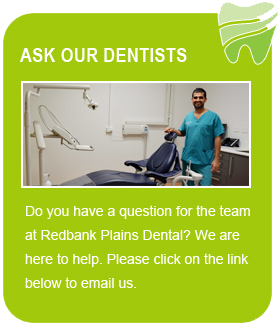Sometime in your late teens to early twenties, you’ll likely start noticing the appearance of a set of four teeth emerging at the end of each jaw. With the appearance of these teeth (known as wisdom teeth) there is generally a handful of problems to follow.
YOU AND YOUR WISDOM TEETH
As the human body changes through time and dental knowledge progresses, our jaws have become less wide and tooth loss is no longer as common as it once was. This has made the occurrence of wisdom teeth a frustrating and often painful experience. Wisdom teeth can cause various oral health and dental problems that are commonly associated with overcrowding of surrounding teeth and tooth impaction. This can lead to infected gums, damage to surrounding teeth, headaches, tooth aches and disruption of tooth arrangements.
UNDERSTANDING IMPACTION
Tooth impaction is where the wisdom tooth or teeth come through at an angle and push into the neighbouring teeth or gums. This can damage jaw and tooth alignment, effecting chewing and functionality as well as cause the gums to become infected and in turn, impact your immune system and health.
POSSIBLE SYMPTOMS OF INFECTION DUE TO WISDOM TEETH:
- enlarged and sore lymph glands under the jaw
- difficultly opening the mouth and swallowing
- Fever
- Reddened, inflamed gums
- Swelling
- Pain
WHY THEY NEED TO BE REMOVED
Not all patients need their wisdom teeth to be removed, but more often than not, there are complications. In some cases there may not be enough room in the jaw, in others food and bacteria can be trapped in the teeth – causing significant decay and infection.
REASONABLY EARLIER REMOVAL IS BETTER
By extracting your wisdom teeth during the teen years before they affect the overall structure of your mouth and teeth, you can avoid the need for costly orthodontic work, damage control and potential future decay difficulties. As the roots of the wisdom teeth are still forming in your teenage years, they are easier to extract and the oral healing time is generally faster.










